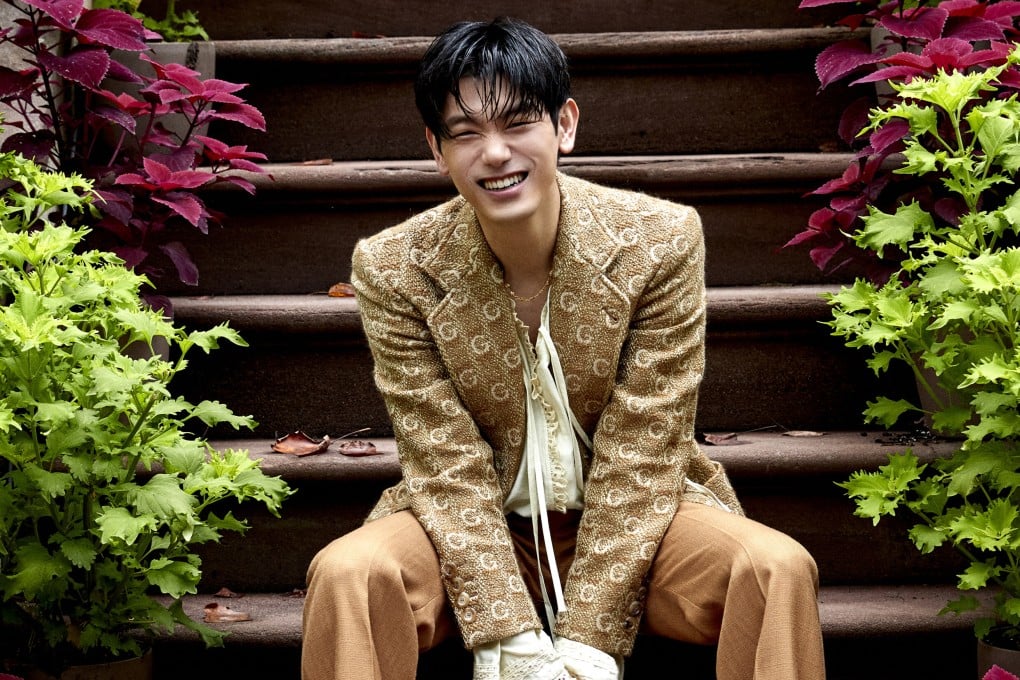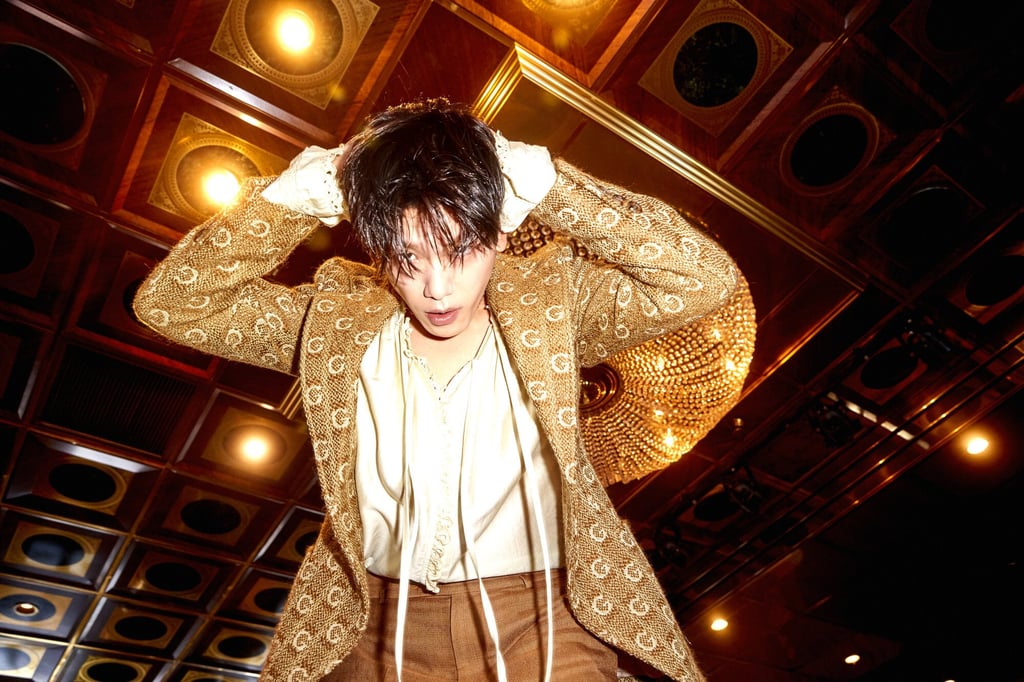Eric Nam’s There and Back Again album reflects journey to K-pop and back to the US, and arrives as he aims to make a difference for Asian-Americans and diversity in media
- Eric Nam became a household name in Korea as a singer and a comedic television personality after joining a South Korean talent search programme in 2012
- The singer and entrepreneur, who is about to drop a new album, says it’s a shame the West is only recognising the breadth of Korean talent now

Eric Nam is many things: K-pop singer, television personality, media entrepreneur – and, increasingly, a voice for change. It’s this multifaceted nature that inspired the 32-year-old Korean-American star’s upcoming 2022 album.
“It’s called There and Back Again, and to me it’s about a journey,” Nam tells the Post on a video call from California. “It’s about thinking about the many journeys we each take, and this album is trying to put to music that shared human experience of dealing with relationships, and highs and lows.”
“I was raised in the States, went to Korea, been in and out for 10 years now, and now I’m back in the States trying to make a name for myself, trying to prove out this challenge that I can make music on my own terms here,” Nam says. “It’s this constant journey that I feel like I’m on, striving after what I really love to do, what I want to do with my life.”

Nam, born in the US state of Georgia and raised in Atlanta, was planning on a career in consultancy after completing university when he was invited to join a South Korean talent search programme in 2012. After that, he became a household name in Korea as a singer and a comedic television personality.